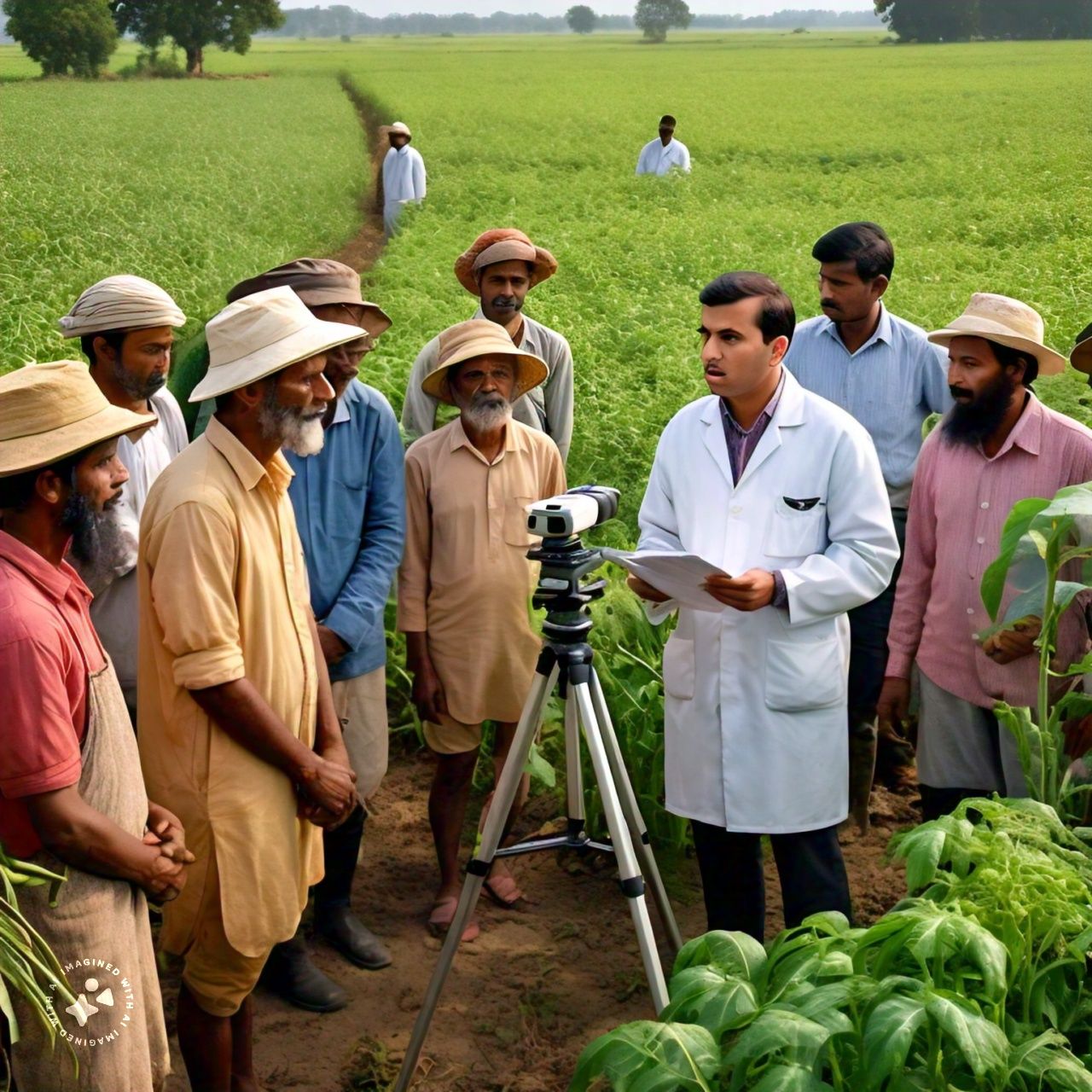World Food Day 2024: Advocating the Right to Food for a Sustainable and Equitable Future
World Food Day
Muhammad Saeed
saeed87alam@gmail.com
World Food Day, observed annually on October 16, serves as a reminder of the importance of food security and the right to food for all individuals. Established by the Food and Agriculture Organization (FAO) of the United Nations in 1945, this day promotes awareness about global hunger and advocates for sustainable food systems that can guarantee every person access to sufficient and nutritious food.
The theme for this year’s (2024) “World Food Day “emphasizes the significance of recognizing and fulfilling the “Right to Food as a fundamental human right, essential for a better life and a sustainable future”.
The right to food is recognized in various international human rights instruments, including the Universal Declaration of Human Rights and the International Covenant on Economic, Social, and Cultural Rights. It asserts that every individual has the right to access food that is sufficient, safe, and culturally appropriate. This right extends beyond mere availability; it encompasses accessibility, adequacy, and sustainability.
Food security is a multi-faceted issue influenced by economic, social, and political factors. It involves not only the physical availability of food but also the ability of individuals to access it, the stability of food supplies, and the nutritional quality of what is consumed. Ensuring the right to food is crucial for achieving broader human rights, including the right to health, education, and an adequate standard of living.
Despite the recognition of the right to food, the world continues to face significant challenges. Over 690 million people suffer from hunger, with millions more experiencing malnutrition. Conflicts, climate change, and the COVID-19 pandemic have exacerbated food insecurity, pushing vulnerable populations deeper into poverty. According to the FAO, the number of people affected by severe food insecurity has been steadily increasing, highlighting the urgent need for action.
The consequences of food insecurity are dire. Hunger not only affects physical health but also impairs cognitive development, reduces productivity, and limits economic growth. Children are particularly vulnerable, as malnutrition can have lifelong effects on their development and potential. To build a better future, it is essential to address these challenges and ensure that everyone has access to adequate food.
Achieving the right to food requires a fundamental transformation of our food systems. Sustainable food systems prioritize environmental health, social equity, and economic viability. By focusing on practices that promote biodiversity, reduce waste, and empower local communities, we can create a resilient food system that meets the needs of current and future generations.
1. Promoting Local Agriculture: Supporting smallholder farmers and local food producers is essential for enhancing food security. Investing in sustainable agricultural practices can increase productivity while preserving ecosystems. Local food systems also contribute to community resilience and reduce reliance on global supply chains.
2. Reducing Food Waste: Approximately one-third of all food produced globally is wasted. Implementing strategies to reduce food waste at every stage-from production to consumption-can significantly enhance food availability. Educating consumers about mindful eating and promoting food recovery initiatives are crucial steps.
3. Advocating for Policy Change: Governments play a vital role in realizing the right to food. Policymakers must prioritize food security in their agendas and develop frameworks that support sustainable agriculture, enhance food distribution systems, and ensure equitable access to resources.
While systemic change is essential, individual actions and community initiatives also play a critical role in realizing the right to food. Community gardens, food cooperatives, and local food networks empower individuals to take charge of their food sources and promote self-sufficiency. Education and awareness-raising activities can foster a culture of sustainability and social responsibility.
Moreover, advocating for food justice and supporting initiatives that address the root causes of hunger can create a ripple effect. Engaging in local and global movements, supporting fair trade, and demanding accountability from corporations and governments are ways individuals can contribute to the right to food.
As we commemorate World Food Day, it is imperative to reaffirm our commitment to the right to food for all. Ensuring access to sufficient, safe, and nutritious food is not just a moral obligation; it is essential for building a better life and a sustainable future. By addressing the challenges of food insecurity through sustainable practices, effective policies, and community engagement, we can create a world where everyone enjoys the right to food. Together, we can transform our food systems and work towards a future free from hunger and malnutrition. The right to food is not just a goal; it is a foundation for a healthier, more equitable, and sustainable world.




